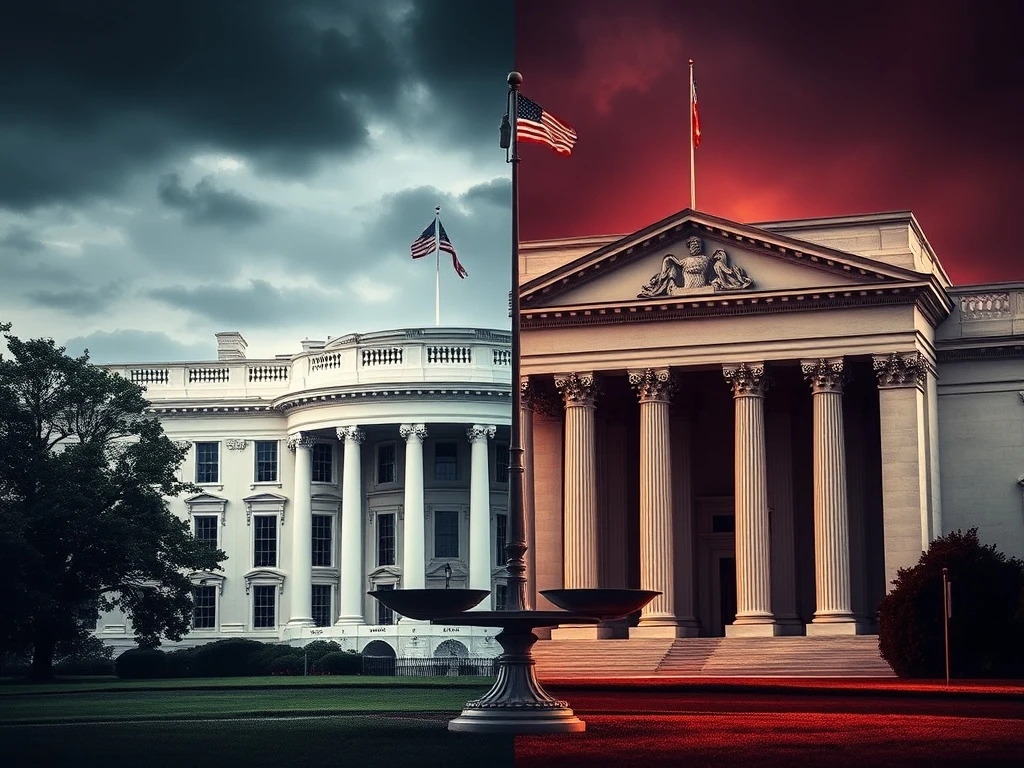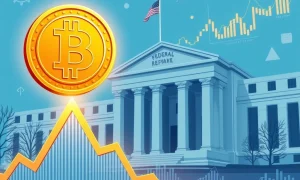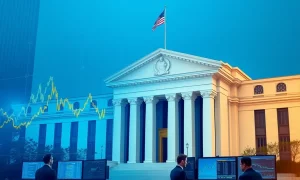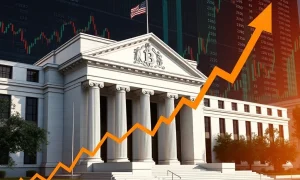The delicate balance of Federal Reserve independence now faces unprecedented pressure as presidential interventions threaten to reshape America’s central banking system. This confrontation could determine economic stability for years to come.
The Battle Over Federal Reserve Independence Intensifies
Senate Republicans currently evaluate fast-tracking President Trump’s Federal Reserve nominees. This move reignites crucial debates about Federal Reserve independence. Stephen Miran, Trump’s nominee, plans to maintain his White House economic advisor role during his Fed tenure. Consequently, this arrangement raises significant concerns about conflicts of interest.
Historical Precedent Meets Modern Political Pressure
Federal Reserve independence has been a cornerstone since 1913. Traditionally, this autonomy allows unpopular but necessary economic decisions. However, Trump’s aggressive interventions blur lines between fiscal and monetary policy. His public demands for rate cuts challenge established norms. Additionally, attempts to fire Fed officials signal a new approach.
Implications of Weakened Federal Reserve Independence
Reduced Federal Reserve independence carries profound consequences. Markets may react with increased volatility. Investors could demand higher long-term interest rates. Furthermore, global confidence in U.S. economic institutions might diminish. Key risks include:
• Market destabilization from political uncertainty
• Eroded institutional credibility worldwide
• Complicated response mechanisms during economic crises
• Increased inflationary pressures over time
The Senate’s Crucial Role in Preserving Autonomy
The Senate confirmation process will determine Federal Reserve independence levels. Democratic senators already accuse Miran of compromised impartiality. Meanwhile, Republican senators express cautious support despite concerns. Ultimately, this decision will shape monetary policy for the foreseeable future.
Global Economic Stability Hangs in Balance
Federal Reserve decisions impact worldwide financial markets. Consequently, diminished independence affects global economic stability. International investors monitor these developments closely. Moreover, other central banks may reconsider their own operational frameworks.
Frequently Asked Questions
Why is Federal Reserve independence important?
Federal Reserve independence allows objective monetary policy decisions based on economic data rather than political considerations. This autonomy helps maintain price stability and supports sustainable economic growth.
How does presidential pressure affect Federal Reserve operations?
Presidential pressure can undermine credibility and create uncertainty in financial markets. It may lead to decisions that prioritize short-term political gains over long-term economic stability.
What are the immediate risks of reduced Federal Reserve independence?
Immediate risks include market volatility, higher borrowing costs, currency fluctuations, and reduced investor confidence in U.S. economic institutions.
How might other countries respond to changes in Federal Reserve independence?
Other nations might adjust their monetary policies, seek alternative reserve currencies, or establish new financial partnerships to mitigate potential instability from U.S. policy changes.
Can Congress protect Federal Reserve independence?
Congress maintains oversight authority and confirmation powers. Through careful scrutiny of nominees and legislative action, Congress can help preserve the Federal Reserve’s operational autonomy.
What historical precedents exist for challenging Federal Reserve independence?
Previous administrations have occasionally criticized Federal Reserve policies, but current efforts to place White House officials on the Board represent an unprecedented challenge to traditional separation.








